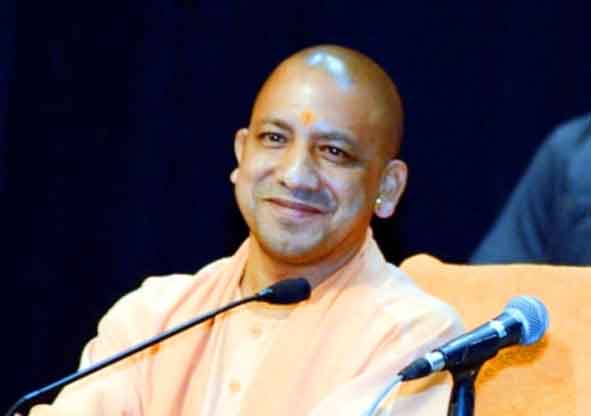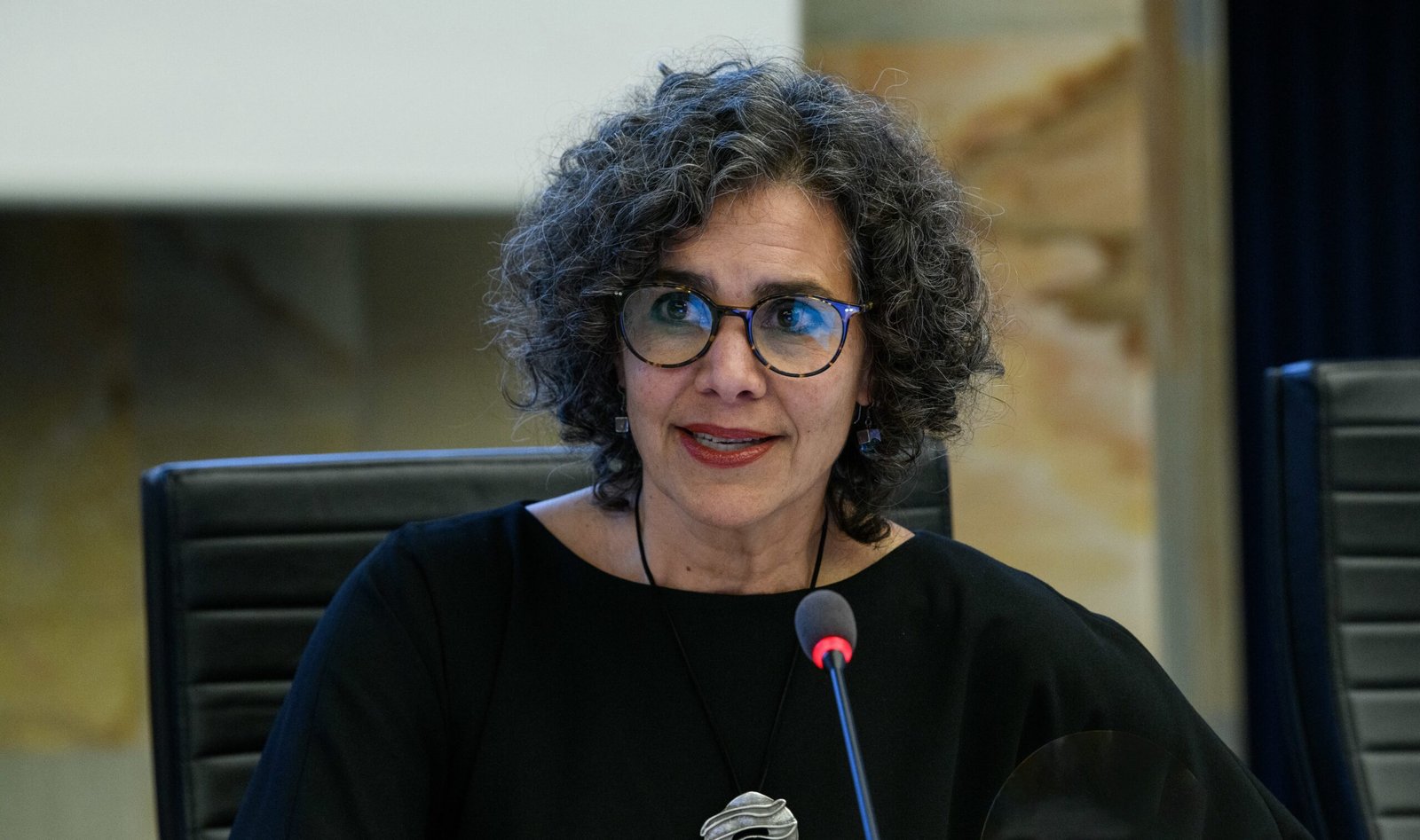Important to explore sustainable agriculture practices to beat climate concerns
The world is at a crossroads when it comes to agriculture. With a growing global population, changing climate patterns, and increasing pressure on natural resources, the need for sustainable agriculture practices has never been more critical.
Sustainable agriculture offers a path forward, one that not only ensures food security but also protects our environment and nurtures the economic well-being of farming communities. In this article, we’ll delve into the world of sustainable agriculture, exploring its benefits, innovative practices, and why it’s a vital step towards a brighter, more resilient future.
The Urgent Need for Sustainability
The Green Revolution of the mid-20th century dramatically increased crop yields and helped feed a growing global population. However, this success came at a cost. Conventional agriculture practices that rely heavily on synthetic fertilizers, pesticides, and intensive irrigation have led to environmental degradation, soil erosion, and loss of biodiversity. The overuse of chemicals has also contributed to soil and water pollution, impacting not only the environment but also human health.
Moreover, climate change poses an imminent threat to agriculture. Rising temperatures, unpredictable weather patterns, and extreme events like droughts and floods can disrupt food production and jeopardize food security. As a result, a paradigm shift towards sustainable agriculture practices has become essential.
The Principles of Sustainable Agriculture
Sustainable agriculture is a holistic approach to farming that seeks to balance economic viability, environmental stewardship, and social responsibility. It revolves around several key principles:
- Soil Health: Healthy soil is the foundation of agriculture. Sustainable practices focus on improving soil health through techniques like crop rotation, cover cropping, and reduced tillage. Healthy soil retains moisture better, sequesters carbon, and enhances crop productivity.
- Water Management: Sustainable agriculture emphasizes efficient water use. Practices such as drip irrigation, rainwater harvesting, and water recycling reduce water waste and minimize the impact on local ecosystems.
- Biodiversity: Encouraging biodiversity is essential for resilient agriculture. This includes preserving natural habitats, planting hedgerows, and using integrated pest management to reduce the need for pesticides.
- Crop Diversity: Monoculture farming can make crops susceptible to pests and diseases. Sustainable agriculture promotes crop diversity and rotation, reducing the need for chemical inputs.
- Resource Efficiency: Reducing waste and using resources efficiently is a core principle. This includes minimizing chemical inputs, energy consumption, and reducing food waste along the supply chain.
- Community and Social Responsibility: Sustainable agriculture fosters strong relationships within local communities, supports fair labor practices, and ensures farmers receive equitable compensation for their work.
Benefits of Sustainable Agriculture
The transition to sustainable agriculture practices offers a multitude of benefits, not only to the environment but also to the well-being of farming communities and global food security:
- Environmental Conservation: Sustainable practices help conserve natural resources, protect biodiversity, and reduce pollution. Healthy soils and thriving ecosystems are essential for long-term agricultural success.
- Climate Resilience: Sustainable agriculture is better equipped to adapt to changing climate conditions. Practices like agroforestry and soil carbon sequestration help mitigate the impacts of climate change.
- Improved Food Quality: Crops grown in healthy, well-balanced soils tend to be more nutritious. Sustainable practices can lead to higher-quality food products.
- Economic Viability: Many sustainable practices lead to cost savings for farmers. Reduced chemical inputs, efficient resource use, and diversified income streams contribute to economic stability.
- Food Security: By promoting diversified crops and sustainable farming methods, we can enhance food security. The risk of crop failure due to pests or extreme weather events is reduced.
- Social Well-being: Sustainable agriculture fosters stronger communities and supports the livelihoods of rural farming populations. It ensures that farmers have access to a decent standard of living.
Innovative Sustainable Agriculture Practices
Sustainable agriculture is a dynamic field, continuously evolving with new technologies and techniques. Here are some innovative practices that are contributing to a more sustainable future:
- Precision Agriculture: Utilizing technology like GPS, sensors, and data analytics to optimize resource use, reducing waste and increasing yields.
- Vertical Farming: Growing crops in stacked layers using controlled environments can significantly reduce water and land use while increasing productivity.
- Regenerative Agriculture: This approach aims to restore soil health by sequestering carbon, reducing tillage, and promoting biodiversity.
- Aquaponics and Hydroponics: These soilless farming systems use nutrient-rich water to grow crops, reducing the need for soil and water.
- Urban Farming: Growing food in cities reduces transportation costs and greenhouse gas emissions. Rooftop gardens, community gardens, and hydroponic farms are becoming more common in urban areas.
- Agroecology: Combining the principles of ecology and agriculture, agroecology emphasizes natural processes to maintain soil fertility, control pests, and enhance crop resilience.
Challenges and Barriers
While sustainable agriculture holds great promise, there are challenges to overcome in its widespread adoption. These challenges include:
- Knowledge and Education: Farmers need access to training and resources to transition to sustainable practices.
- Financial Support: Initial investments in sustainable agriculture practices can be expensive. Access to capital and financial incentives is crucial.
- Consumer Demand: Consumer awareness and demand for sustainably produced food products play a vital role in driving change.
- Policy and Regulation: Supportive government policies and regulations can incentivize sustainable practices and penalize harmful ones.
- Market Access: Farmers need access to markets that value sustainable products and are willing to pay fair prices.
The Role of Individuals and Communities
As consumers and community members, individuals have a significant role to play in promoting sustainable agriculture. Here are some ways to get involved:
- Support Local Farmers: Buy from local farmers’ markets and support community-supported agriculture (CSA) programs.
- Educate Yourself: Learn about sustainable farming practices and make informed choices as a consumer.
- Advocate: Engage with policymakers and advocate for supportive agricultural policies and regulations.
- Reduce Food Waste: Minimize food waste by buying what you need and using leftovers creatively.
- Grow Your Own: If possible, cultivate your own garden or participate in community gardening initiatives.
- Join or Support Sustainable Initiatives: Support organizations and initiatives that promote sustainable agriculture and contribute to positive change.
A Sustainable Future Beckons
The shift towards sustainable agriculture practices is not just a choice; it’s a necessity. With our global population set to reach nearly ten billion by 2050, we must ensure that we can feed everyone while preserving our environment for future generations.
Sustainable agriculture provides a roadmap to achieve these goals, offering a future where we can nourish the world without compromising the health of the planet. By embracing innovative practices, supporting farmers and communities, and fostering a culture of sustainability, we can make this vision a reality. The path to a brighter, more sustainable future begins with each of us, collectively nurturing the earth and reaping the rewards of a more resilient and bountiful world.
**********************************************************
Readers
These are extraordinary times. All of us have to rely on high-impact, trustworthy journalism. And this is especially true of the Indian Diaspora. Members of the Indian community overseas cannot be fed with inaccurate news.
Pravasi Samwad is a venture that has no shareholders. It is the result of an impassioned initiative of a handful of Indian journalists spread around the world. We have taken the small step forward with the pledge to provide news with accuracy, free from political and commercial influence. Our aim is to keep you, our readers, informed about developments at ‘home’ and across the world that affect you.
Please help us to keep our journalism independent and free.
In these difficult times, to run a news website requires finances. While every contribution, big or small, will makes a difference, we request our readers to put us in touch with advertisers worldwide. It will be a great help.
For more information: pravasisamwad00@gmail.com








